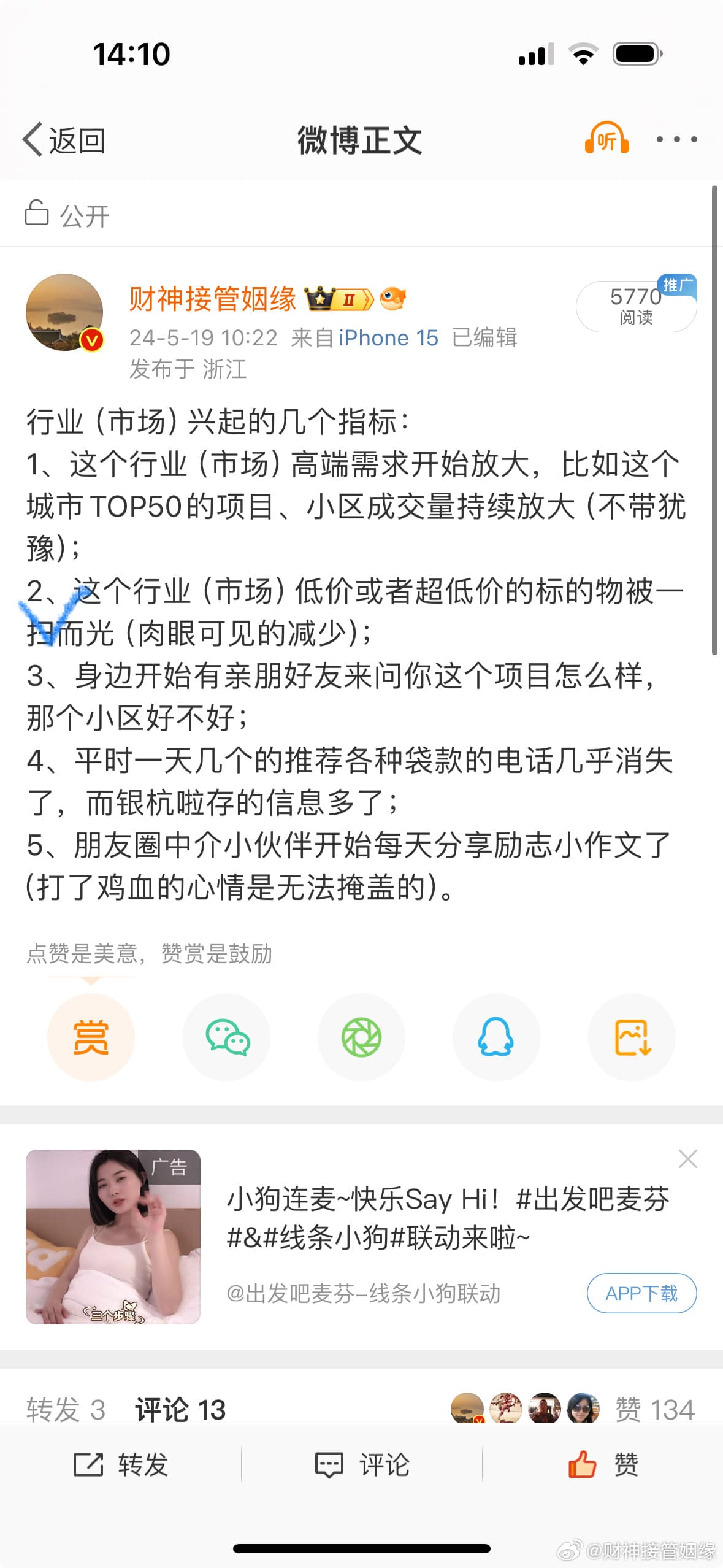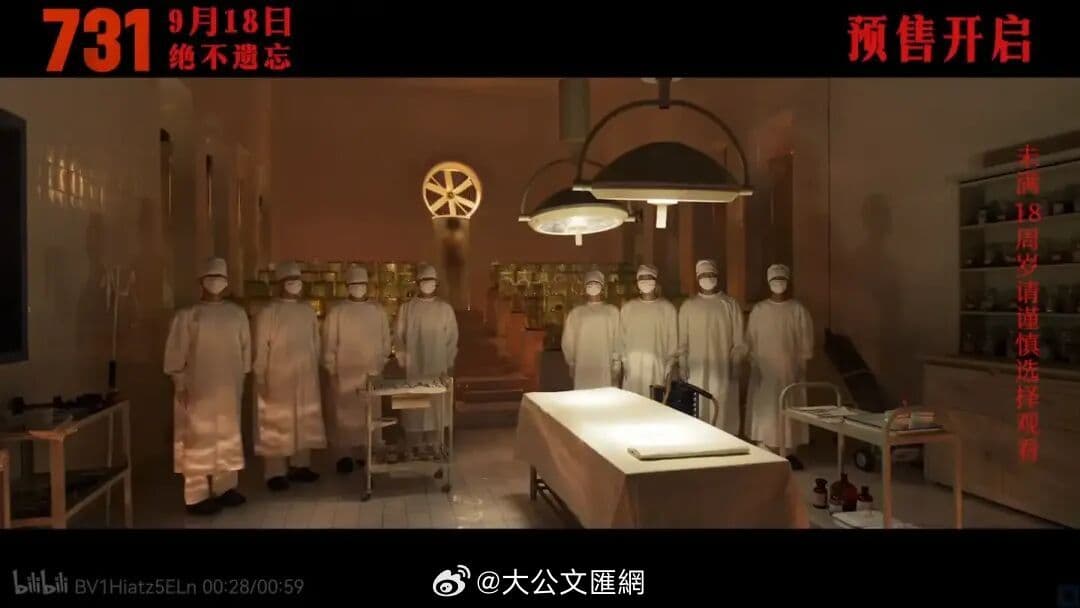Surge in Demand for Affordable Older Homes Transforms Hangzhou Housing Market
The housing market in Hangzhou has seen a notable shift in recent months, with significant interest being directed towards older, more affordable properties. Data from the Hangzhou Beike Research Institute reveals that, for the months of March and April, the transaction volume of second-hand houses surpassed 8,000 units, consecutively breaking the monthly threshold.

19 May 2024
This surge in transactions has largely been attributed to the increased demand for older, lower-priced homes, colloquially known as "old, rundown small houses." On-the-ground insights were obtained from a visit to a Lianjia real estate agency in the Chaohui area of Hangzhou.
Yang Huabo, the branch manager, highlighted that the favorable policies introduced since April have played a crucial role in boosting the transactions of these properties. In the past two weeks alone, the agency has managed to close deals on 45 units, with approximately 70% of these transactions involving homes priced within the 2 million yuan range. This segment of the market, often seen as catering to the basic needs of buyers, has evidently gained traction.
The Weibo hashtag #杭州200万以内老破小吃香# (translated as "Old Run-Down Small Houses Within 2 Million are Popular in Hangzhou") has become a trending topic, reflecting the buzz and varying reactions of netizens.
One user cynically commented, "Since these old rundown homes are so popular, you media folks should buy them, we won’t compete with you." This sentiment is indicative of a larger skepticism surrounding the media's portrayal of market conditions and the actual desirability of these properties.
Another netizen pointed out the typical characteristics of a market upturn: "The market's two-end product absorption is an important indicator to observe whether the market is starting up, one end being low total price products and the other being high total price products. Look around; does this seem accurate?" This observation encapsulates a broader understanding of market dynamics, noting that both ends of the pricing spectrum are critical for gauging overall market health.
However, not all reactions are favorable. Some users suspect ulterior motives behind the positive reports. "Why not buy them all if they're so desirable? What’s the point of broadcasting it if you believe they’re so great?" remarked one user, suggesting that the enthusiastic coverage might be driven by marketing strategies rather than genuine market conditions. These mixed reactions are further substantiated by another commenter who sardonically remarked, "If you think you're getting a great deal, just buy more! Such good news should be kept secret." This underscores a prevalent distrust among some buyers regarding the transparency and reliability of the information being circulated.
Adding to the discourse, another user listed several indicators that signify a market's growth: "1. High-end demand expansion, 2. Visible reduction of low or ultra-low price items, 3. Increase in inquiries from friends and relatives, 4. Decline in promotional calls while information availability grows, 5.
Friends in real estate sharing motivational posts daily." These indicators align with the trends seen in Hangzhou, where both high-end and budget-friendly markets are concurrently seeing activity, thus reinforcing the perception of a reviving real estate sector. Visual cues from associated images further emphasize the contrasting perspectives on this market trend. While transactions rise, the visual depictions may showcase both the allure and the potential pitfalls of investing in older properties. These cues play a pivotal role in shaping public sentiment, often swaying opinions based on the visual representation of these homes. The resurgence in demand for these older, more affordable properties in Hangzhou can be seen as a reflection of broader economic conditions and policy impacts. While newer and more luxurious developments remain attractive to certain segments of the market, the affordability and basic necessities fulfilled by these older units make them a practical choice for many, especially first-time buyers or those seeking cost-effective housing options. In summary, the Hangzhou housing market's latest trends present a complex picture. The data-driven upsurge in transactions of older homes within the 2 million yuan range showcases a significant market segment gaining momentum.
However, the varied reactions on social media highlight a spectrum of public opinion, from enthusiasm and pragmatic acknowledgment to skepticism and distrust. As policy changes continue to influence market dynamics, the ongoing monitoring of both market data and public sentiment remains crucial for understanding the evolving real estate landscape in Hangzhou.
Share this article
Related Articles

Mother’s Hand‑Stitched Nike Backpack Goes Viral, Showcasing Love, Craftsmanship and Brand Authenticity in China
By Trending on Weibo
Culture
15 Sept 2025

China’s “National Treasure Highlights” Campaign Turns Heritage Into Global Soft‑Power and Consumer Brand】
By Trending on Weibo
Culture
13 Sept 2025

Mystery Meme: Unraveling China’s “Dissected 14 People, Crumbled by a Letter” Phenomenon】
By Trending on Weibo
Culture
8 Sept 2025

Chinese Netizens Turn Blood Moon Into Viral “Too Abstract” Meme
By Trending on Weibo
Culture
8 Sept 2025

From Song Dynasty Verse to 2024 Drama: The Enduring Echo of “Rain‑Laden Bells” in Chinese Culture
By Trending on Weibo
Culture
8 Sept 2025